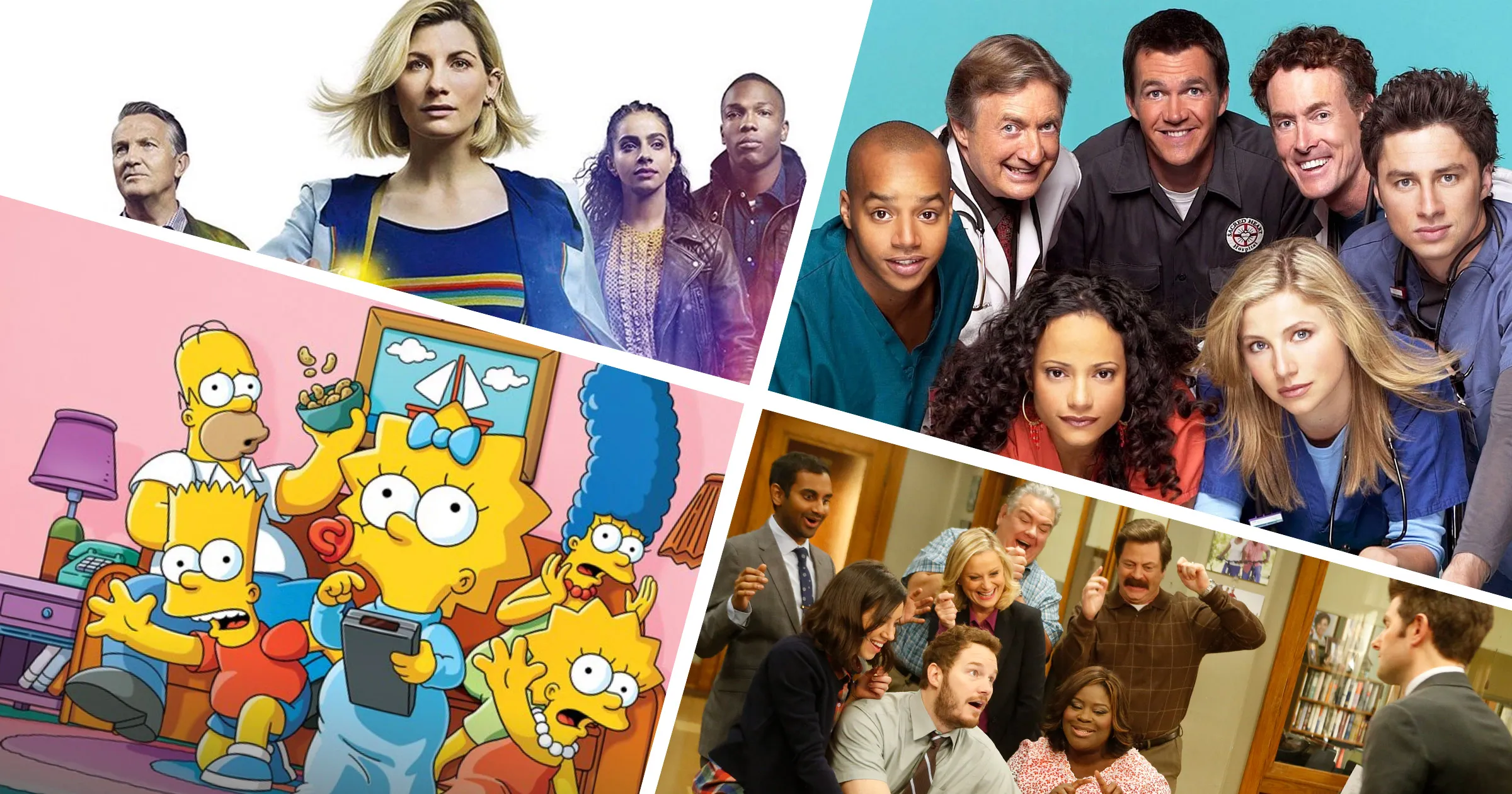
The Art of Laughter: The World of Comedy Shows
admin
- 0
kfoodfair2015.com – Comedy shows have evolved significantly over the years, from the vaudeville stages of the early 20th century to the television and streaming platforms of today. The format has transformed, but the core essence remains the same: to entertain and amuse the audience. Early television shows like “The Ed Sullivan Show” and “The Carol Burnett Show” set the stage for the variety format, featuring stand-up comedians, sketch comedy, and musical performances. As technology advanced, so did the mediums for comedy, with shows like “Saturday Night Live” and “The Daily Show” becoming staples in the genre.
The Variety of Comedy Show Formats
Today, comedy shows come in various formats, catering to different tastes and sensibilities. Stand-up specials showcase the unique perspectives and comedic styles of individual performers, while sketch comedy shows like “Saturday Night Live” and “Inside Amy Schumer” use short, humorous scenes to tackle a range of topics. Improv comedy, as seen in “Whose Line Is It Anyway?” relies on spontaneity and quick wit, while comedy-drama series like “Master of None” and “SMILF” blend humor with deeper storytelling.
The Impact of Comedy Shows on Society
Comedy shows have a significant impact on society, often serving as a mirror to reflect cultural norms and societal issues. They can challenge stereotypes, provoke thought, and spark conversations on important topics. Shows like “The Daily Show” and “Last Week Tonight with John Oliver” use satire and humor to dissect political and social issues, making them more palatable and understandable to a wider audience. Comedy can also be a powerful tool for advocacy, raising awareness about various causes and encouraging positive change.
The Challenges Facing Comedy Shows
Despite their popularity, comedy shows face several challenges. The need to be constantly innovative and fresh is paramount, as audiences can quickly tire of repetitive jokes or outdated humor. Additionally, the line between what is considered funny and what is offensive is increasingly blurred, leading to controversies and backlash. Writers and performers must navigate these waters carefully, ensuring that their content is both entertaining and respectful.
The Future of Comedy Shows
As we look to the future, the landscape of comedy shows continues to evolve. The rise of social media and digital platforms has democratized comedy, allowing new voices and perspectives to emerge. Virtual reality and augmented reality could introduce new formats for comedy shows, immersing audiences in interactive and experiential humor. Regardless of the medium, the universal appeal of laughter ensures that comedy shows will remain a vital part of our entertainment landscape, adapting and thriving in the ever-changing world of entertainment.


